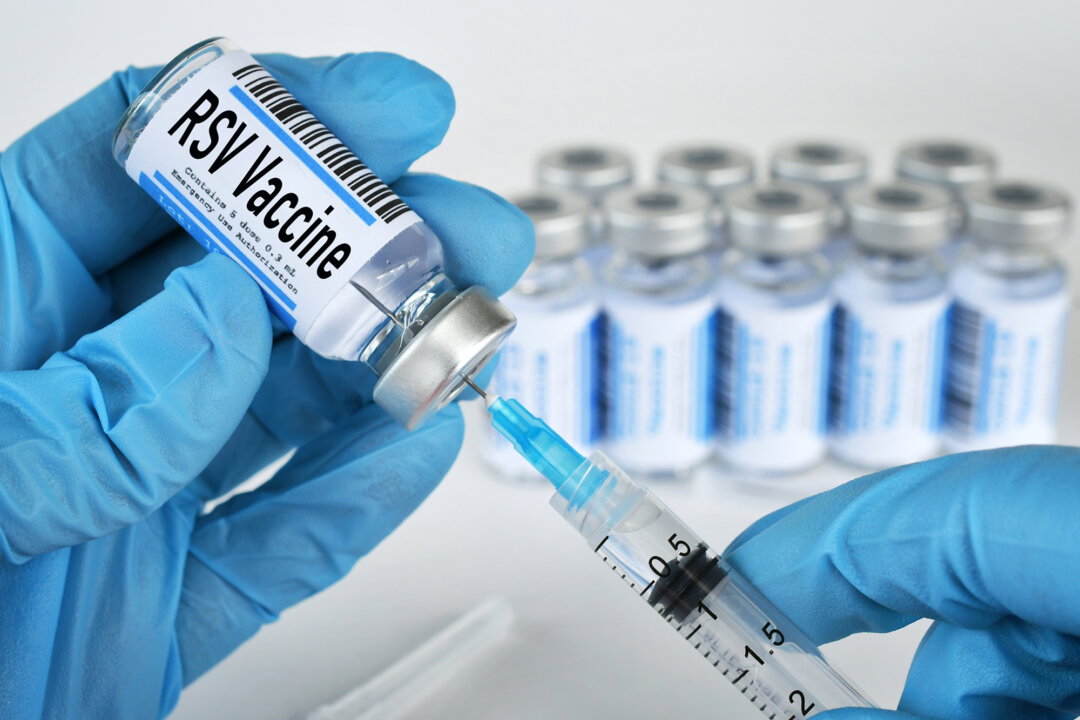This approval marks the first time an mRNA vaccine has been authorized for a condition other than COVID-19. The trial demonstrated that mRESVIA was 83.7 percent effective in preventing RSV-associated lower respiratory tract disease with at least two symptoms and 82.
4 percent effective in preventing the same condition with at least three symptoms. Against RSV-linked acute respiratory illness, the vaccine’s efficacy stood at a notable 68.4 percent, with the confidence interval spanning 50.

9 to 79.7 percent. Although some side effects, such as fatigue, headache, muscle pain, and joint pain, were reported, the study’s authors concluded that a single dose of mRESVIA resulted in no evident safety concerns and led to a lower incidence of RSV-related lower respiratory tract disease and acute respiratory disease compared to the placebo group.
RSV is a highly contagious virus that spreads seasonally, typically during winter, causing lower respiratory tract infections that can progress to pneumonia. It poses a significant threat to infants, young children, and older adults, with approximately 60,000 to 160,000 older adults requiring hospitalization each year due to RSV infections. The ideal time for vaccination is in late summer or early fall, just before the onset of the RSV season when the virus typically begins to spread within communities, according to the CDC.
The CDC advises pregnant women to get the RSV vaccine between weeks 32 and 36 of their pregnancy. The vaccination is al.
















